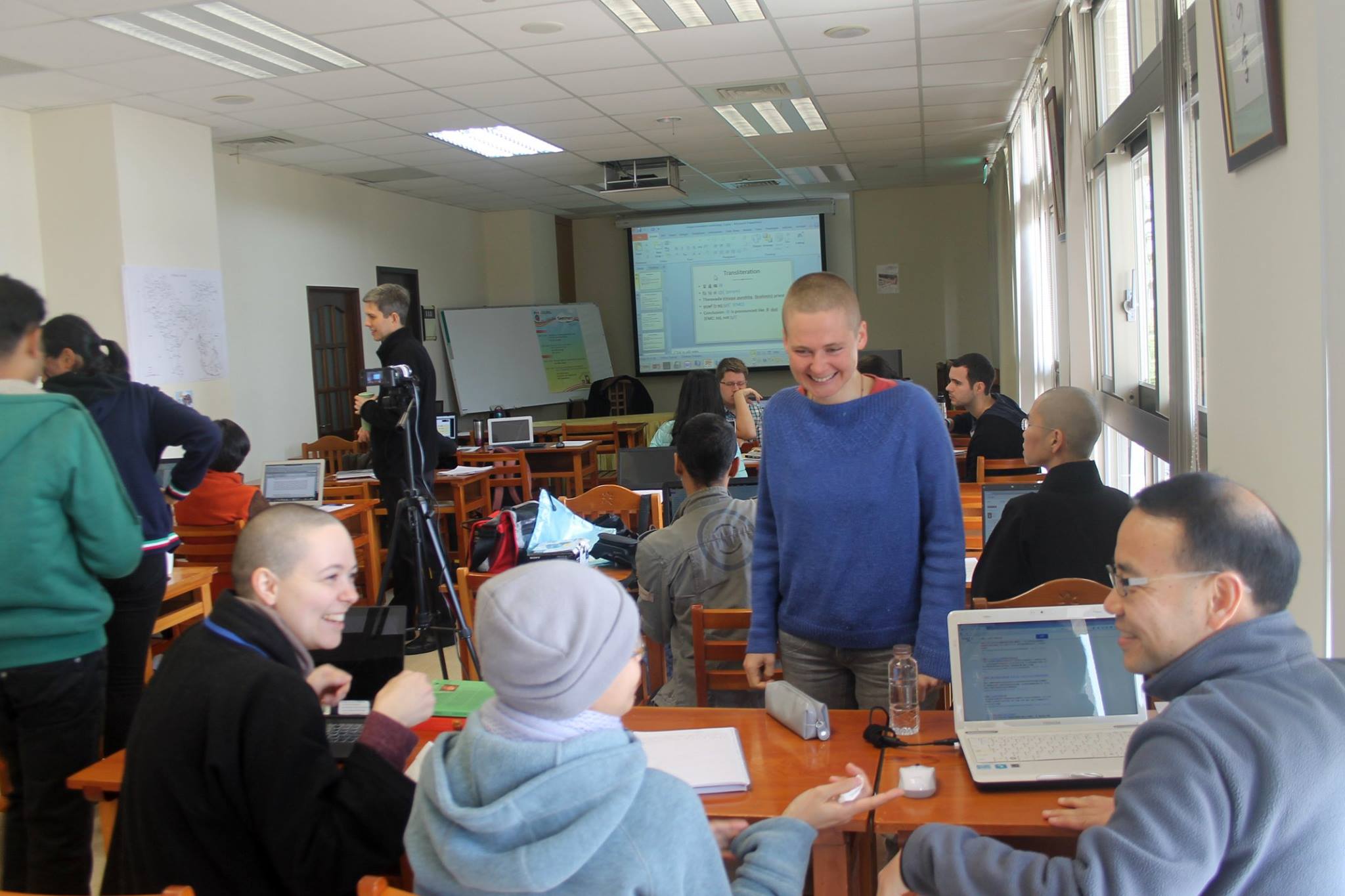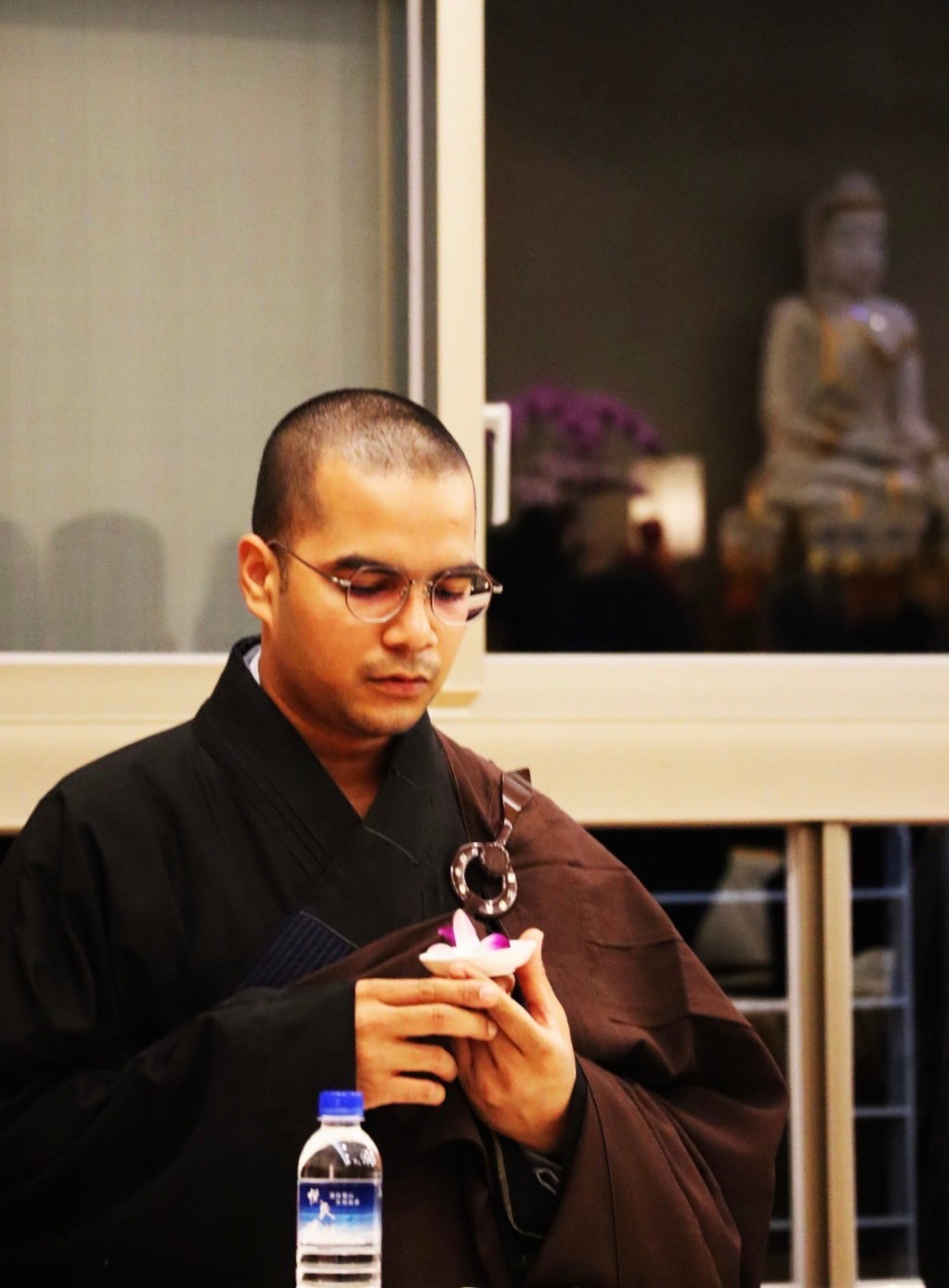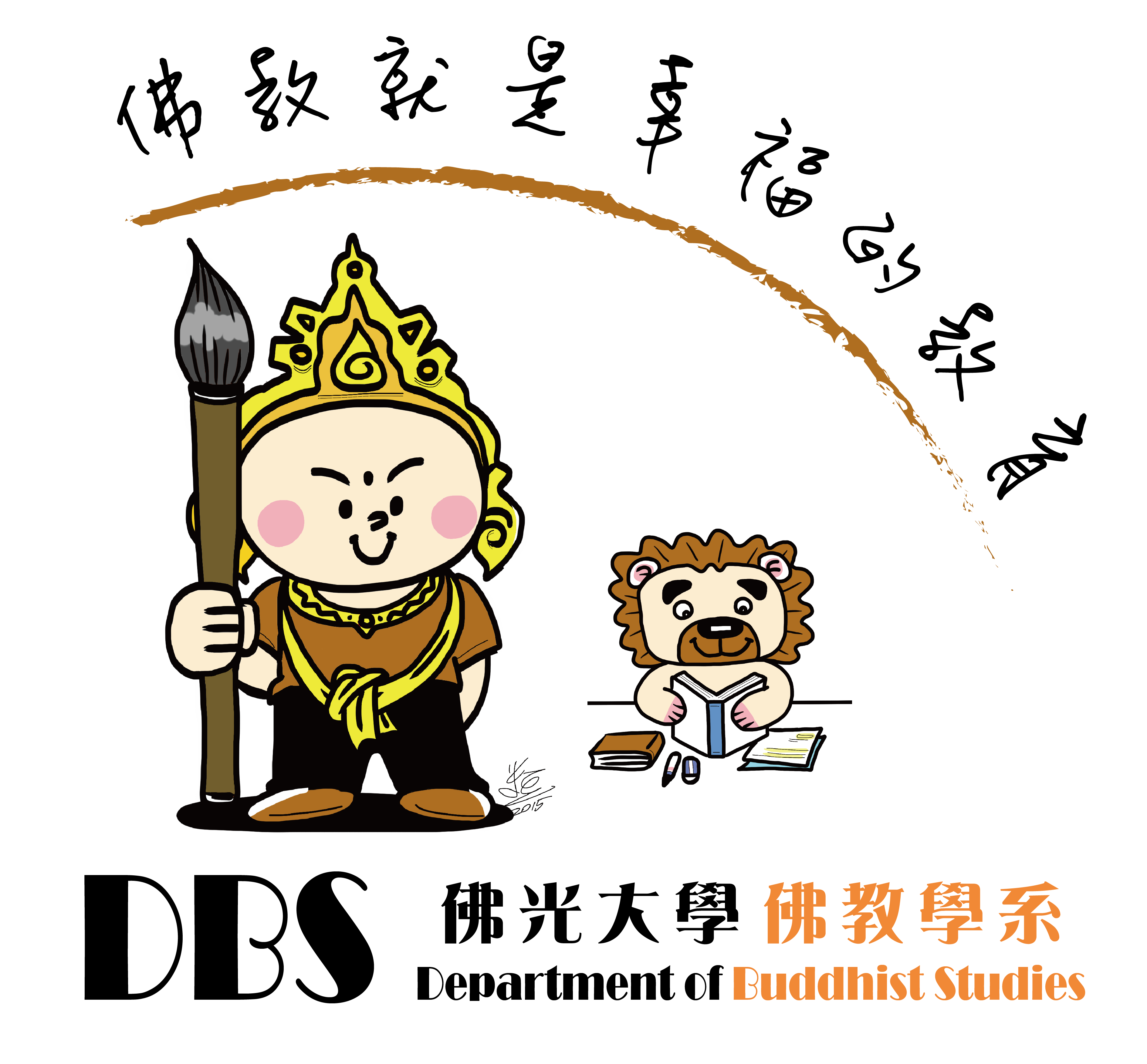M.A. English-track
M.A. Buddhist Studies- English track
This program is delivered exclusively through English as the medium of instruction.
Program Highlights
- Focus on Chinese Mahayana Buddhism: Our M.A. program offers an in-depth exploration of Chinese Mahayana Buddhism, combining traditional teachings with modern insights.
-
Contemporary Academic Approaches:
- Engage with various methodologies to critically analyze Buddhist texts and ideas, emphasizing their relevance in today’s global context.
-
Immersive Cultural Experience:
- Experience authentic Chinese Buddhist culture through communal living, creating a unique opportunity for personal growth and cultural immersion.
-

-
 Additional Information
Additional Information
Language Proficiency Requirements
- English Proficiency: Non-native English speakers must provide proof of proficiency (e.g., CEFR B1 or equivalent).
- Canonical Language Preparation: Students without prior knowledge of Sanskrit, Pali, Tibetan, or Classical Chinese will complete undergraduate-level foundational courses offered by the department. Proficiency in one canonical language is required.
Practice Courses for Personal Growth
Our MA program offers practice courses through the Yunshui Residential College, fostering personal development and a deeper connection with Buddhist principles through experiential learning. Participation in these courses is required for eligibility for the DBS Scholarship.
 Flexible Living Arrangements
Flexible Living Arrangements
Students choosing alternative housing outside the department dormitory are welcome but will be ineligible for the DBS Scholarship. This arrangement ensures flexibility while highlighting the benefits of the communal learning environment.
Join us to excel in Buddhist Studies, master bilingual translation, and connect with a vibrant, globally-focused academic community.
Begin your transformative journey today!

 College and Department of Buddhist Studies, FGU
College and Department of Buddhist Studies, FGU
